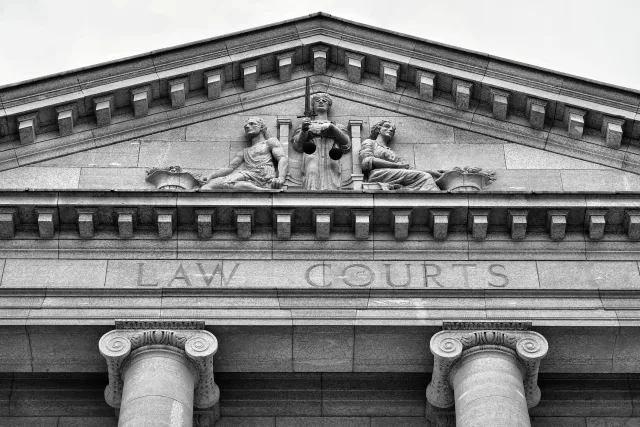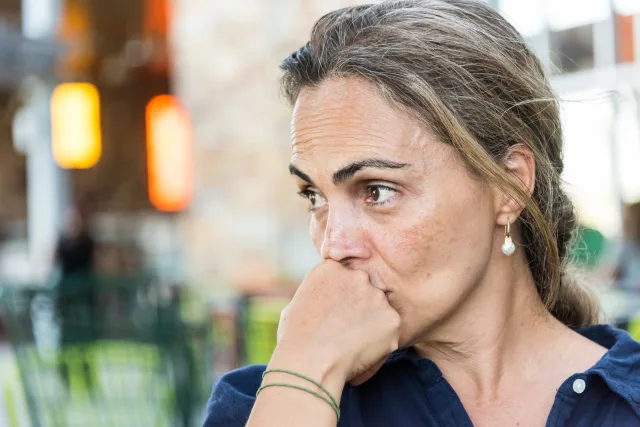
Resolving disputes without going to court
Resolving disputes without going to court
Going to court is one way to resolve a dispute. But there are other ways that can be cheaper, faster, and more effective. Learn about options for alternative dispute resolution.







